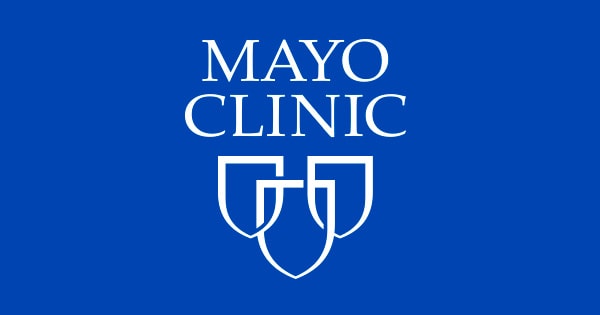Myocardial infarction, also known as a heart attack, occurs when the blood supply to the heart is blocked. This blockage may be due to a blood clot or other obstruction in one of the coronary arteries, causing damage and death of an area of muscle tissue in the heart. It is a serious medical emergency that requires immediate medical attention.

Table Of Content:
- A Glossary of Words Associated with Heart Failure
- 11 Synonyms & Antonyms for HEART ATTACK | Thesaurus.com
- Heart failure Definition & Meaning | Dictionary.com
- Heart Attack | Definition of Heart Attack by Merriam-Webster
- Heart attack - Symptoms and causes - Mayo Clinic
- Myocardial infarction - Wikipedia
- Enlarged heart - Symptoms and causes - Mayo Clinic
- What is Heart Failure? | American Heart Association
- Heart attack: Symptoms, treatment, and causes
- Silent Ischemia and Ischemic Heart Disease | American Heart ...
1. A Glossary of Words Associated with Heart Failure
https://www.webmd.com/heart-disease/heart-failure/glossary-words-associated
2. 11 Synonyms & Antonyms for HEART ATTACK | Thesaurus.com
https://www.thesaurus.com/browse/heart%20attack
3. Heart failure Definition & Meaning | Dictionary.com
https://www.dictionary.com/browse/heart-failure
4. Heart Attack | Definition of Heart Attack by Merriam-Webster
https://www.merriam-webster.com/dictionary/heart%20attack
5. Heart attack - Symptoms and causes - Mayo Clinic
https://www.mayoclinic.org/diseases-conditions/heart-attack/symptoms-causes/syc-20373106
6. Myocardial infarction - Wikipedia
https://en.wikipedia.org/wiki/Myocardial_infarction
7. Enlarged heart - Symptoms and causes - Mayo Clinic
https://www.mayoclinic.org/diseases-conditions/enlarged-heart/symptoms-causes/syc-20355436
8. What is Heart Failure? | American Heart Association
https://www.heart.org/en/health-topics/heart-failure/what-is-heart-failure
9. Heart attack: Symptoms, treatment, and causes
https://www.medicalnewstoday.com/articles/151444
10. Silent Ischemia and Ischemic Heart Disease | American Heart ...
https://www.heart.org/en/health-topics/heart-attack/about-heart-attacks/silent-ischemia-and-ischemic-heart-disease
What causes a myocardial infarction?
The most common cause of a myocardial infarction is blockage in one of the coronary arteries that supplies blood to the heart muscle, usually from a buildup of fatty deposits (atherosclerosis) and/or clots formed from platelets and fibrin.
What are the symptoms of a myocardial infarction?
Common symptoms include chest pain or discomfort, shortness of breath, sweating, dizziness, nausea or vomiting, and pain radiating down arms or neck.
How is a myocardial infarction diagnosed?
Diagnosis typically involves an electrocardiogram (ECG) and cardiac enzymes tests to detect signs that suggest an MI. Other diagnostic tests such as X-rays and computed tomography (CT) scans may also be used.
What are some treatments for a myocardial infarction?
Treatment includes certain medications such as aspirin and anticoagulants such as heparin and warfarin. The affected artery may need to be opened with catheterization to restore normal flow of blood if it has become blocked by clots or plaque buildup. Surgery may also be required to repair damaged vessels or surgically bypass them with grafts from other parts of your body.
Conclusion:
A myocardial infarction is serious medical emergency that requires immediate treatment in order to prevent further damage to the heart muscle. Knowing its symptoms and how it is diagnosed and treated will help you understand what your options are should you experience an MI yourself or if someone close to you does. Making healthy lifestyle changes can help reduce your risk for developing one in the first place, so start making those changes today for better long-term health!
